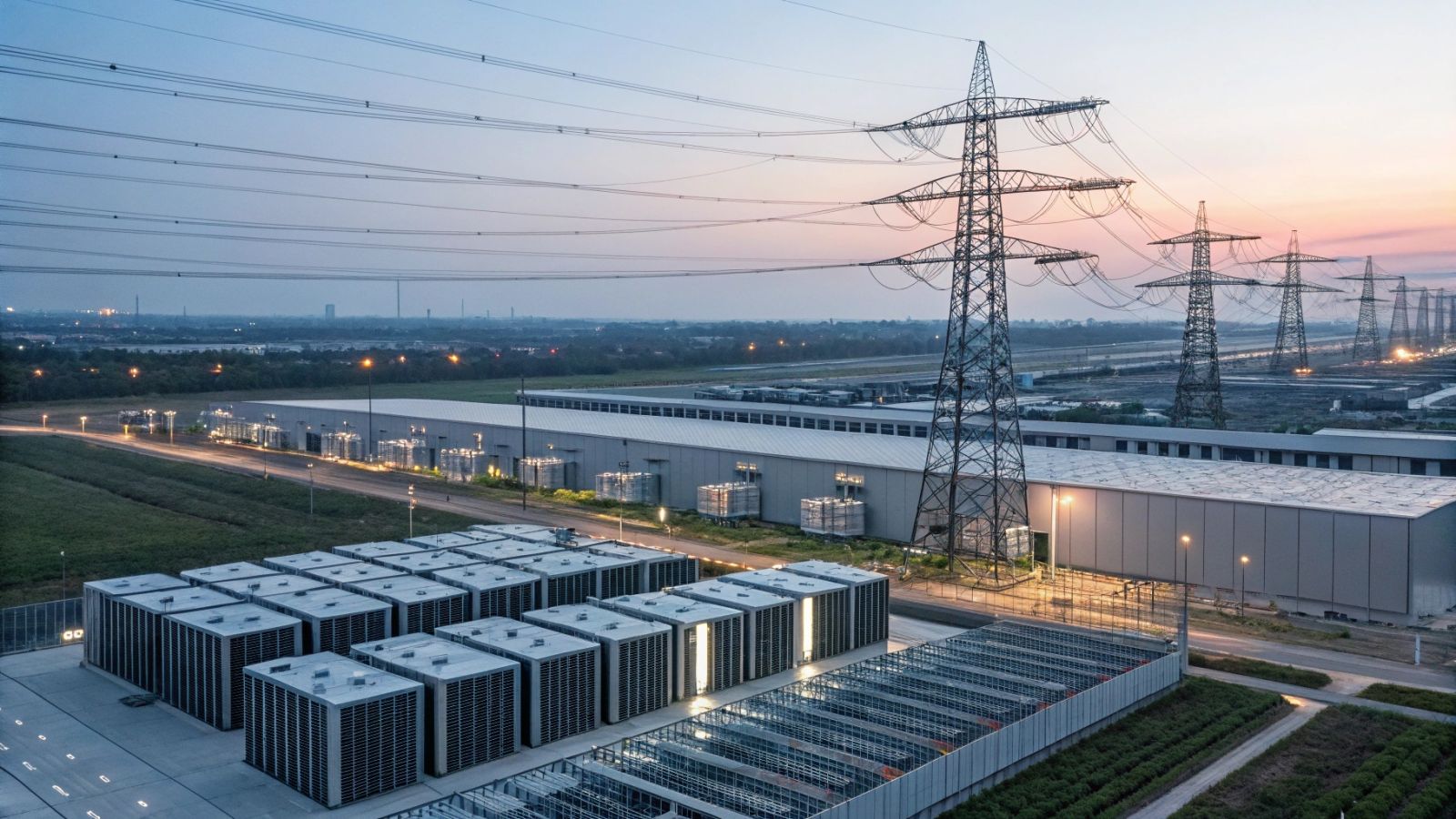Introduction
The world's three leading technology companies announced record investments in artificial intelligence infrastructure, collectively reaching approximately $200 billion in 2025. Meta, Google, and Microsoft communicated Wednesday that they will not only maintain but accelerate spending into 2026. This massive financial commitment raises fundamental questions: is this the largest infrastructure buildout in technology history or the largest capital misallocation?
Record Investments from Big Tech
Meta raised its 2025 capital expenditure guidance to $70-72 billion, up from a previous range of $66-72 billion. CFO Susan Li stated that spending would be "notably larger" next year. Meta's revenue hit $51.24 billion last quarter, up 26% year-over-year.
"There's a range of timelines for when people think we're going to get superintelligence. I think it's the right strategy to aggressively front-load building capacity, so we're prepared for the most optimistic cases."
Mark Zuckerberg, CEO of Meta
Google's parent company Alphabet forecast 2025 capex between $91-93 billion, up from an earlier $75 billion estimate. Revenue hit a record $102.3 billion in Q3, up 33% year-over-year.
Microsoft reported $77 billion in quarterly revenue, up 18%. Cloud business grew 26%. Capex hit $34.9 billion this quarter, nearly $5 billion above forecast and 74% higher than a year ago. CFO Amy Hood indicated that fiscal 2026 growth rate will exceed fiscal 2025.
Why These Investments Matter
The scale of investment is unprecedented. Meta is jumping from $66 billion to potentially over $80 billion. Google is adding $18 billion above previous estimates. Microsoft's capex grew 74% in one year. Combined, these three companies are spending roughly $200 billion on AI infrastructure this year, with clear signals of further increases in 2026.
Microsoft CEO Satya Nadella emphasized that the company's data centers are "fungible," meaning they can be modified for changing demands. This approach allows adaptation to rapid technological advances in artificial intelligence.
"It's not like we buy one version of Nvidia and load up for all the gigawatts we have. Each year, you buy, you ride Moore's law, you continually modernize."
Satya Nadella, CEO of Microsoft
Analyst Concerns: Bubble or Boom?
Despite strong revenue growth across all three companies, analysts are raising bubble concerns. Mark Moerdler at Bernstein noted that Microsoft is building "capacity in tranches over time," which provides some protection. However, the fundamental question remains: is there an overall AI bubble?
The companies are front-loading capacity for "optimistic cases" of AI progress. In other words, they're betting superintelligence arrives soon enough to justify the spend. The "fungible" data center argument makes sense theoretically, but $200 billion in infrastructure optimized for current AI architectures becomes much less fungible if the next breakthrough requires different hardware.
Revenue growth is strong, which justifies continued investment. However, at some point, capex growth outpacing revenue growth becomes unsustainable. The bubble question isn't whether AI is real, but whether current spending levels match realistic near-term returns.
Conclusion
The $200 billion investment in AI infrastructure by Meta, Google, and Microsoft represents an unprecedented strategic bet on the future of artificial intelligence. While revenues continue to grow at impressive rates, the sustainability of this technological arms race will depend on how quickly general AI or superintelligence becomes a commercial reality. 2026 will be a crucial year in determining whether these massive investments prove to be the biggest tech boom in history or one of the sector's largest speculative bubbles.
FAQ
How much are Big Tech companies investing in AI in 2025?
Meta, Google, and Microsoft are collectively investing approximately $200 billion in AI infrastructure in 2025, with Meta at $70-72 billion, Google at $91-93 billion, and Microsoft showing 74% year-over-year growth.
Why are tech companies increasing AI investments?
Companies are front-loading capacity to prepare for the most optimistic scenarios of artificial intelligence development, including possible superintelligence, ensuring future competitive advantages.
What does it mean that data centers are "fungible"?
It means they can be modified and adapted for changing demands, allowing continuous hardware modernization following technological advances like Moore's law.
Are AI investments sustainable?
While revenues are growing solidly, sustainability depends on whether near-term returns justify capital expenditures growing faster than revenues themselves.
Is there a risk of an AI bubble?
Analysts like Mark Moerdler raise concerns about a possible AI bubble, as $200 billion in infrastructure optimized for current architectures could become obsolete with new technologies.
What are Big Tech revenues in the AI sector?
Meta reported revenues of $51.24 billion (+26% annually), Google reached $102.3 billion (+33% annually), and Microsoft $77 billion (+18% annually) in the latest quarter.
